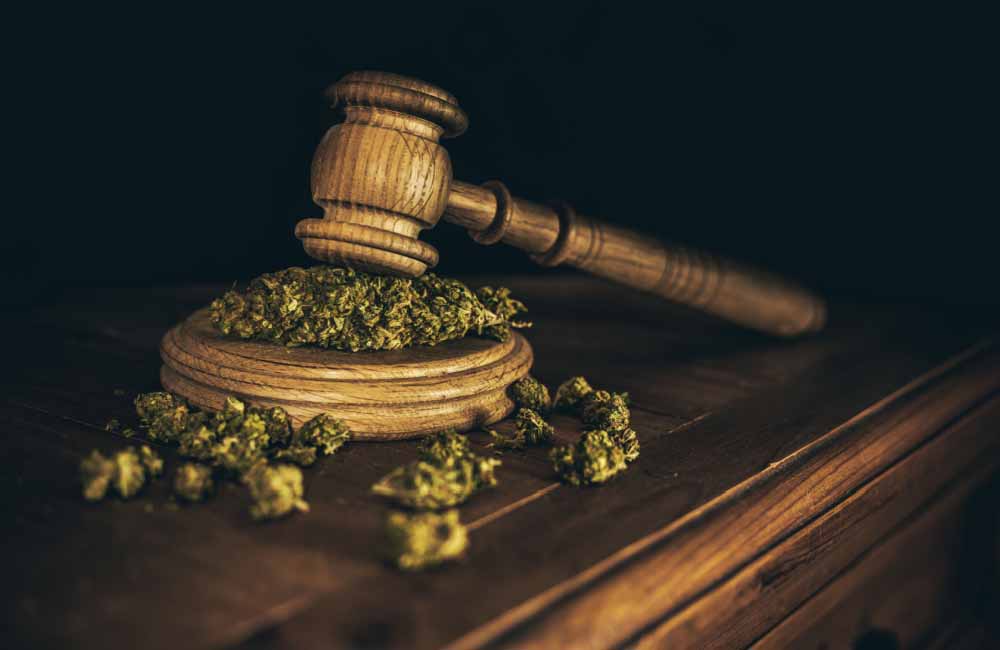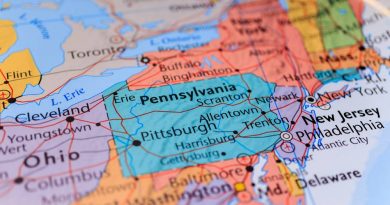When Did Cannabis Become Illegal in the United States?
Countries around the world, including the United States, began making cannabis illegal in the early 20th century. Canada, for example, made cannabis illegal in 1923, while the U.S. laid the groundwork to make cannabis illegal in 1937. By the 1970s, countries around the world began to make cannabis illegal to use or possess, sometimes with extremely harsh penalties.
With the inevitable pushback against cannabis legalization happening in parts of the U.S. as well as in Europe, it seems a good time to take a quick look at the history of cannabis laws and learn when cannabis became illegal, and offer a few reasons why.
It might prove helpful as opponents to legalization mount some of the same arguments people have used for decades to oppose the use marijuana, something that has been a part of human culture for thousands of years.
Illegal Cannabis Stated in the 20th Century
Up until the 20th century, little attention was paid to the use of cannabis, at least in public debate. But in the U.S., the Harrison Narcotic Act in 1914 changed things. The U.S. Congress used the act to tax and regulate morphine, heroin, and other drugs, making it illegal to obtain certain drugs without a physician’s recommendation.
They focused especially on opium, a highly addictive drug that both U.S. and Chinese officials feared would become a problem for their countries, according to Time.
Congress did not make marijuana a part of the 1914 act. But they did in the 1937 Marijuana Tax Act, which followed the template of the Harrison Act but focused on cannabis. In 1952, the Boggs Act, named after Louisiana Rep. Hal Boggs, provided mandatory sentences for offenses involving a variety of drugs, including cannabis. The penalties were strict – $20,000 and up to 10 years in jail for a first offense of possession.
In 1970, as part of President Richard Nixon’s “war on drugs,” Congress passed the Controlled Substances Act. It created categories, known as schedules, where Congress placed certain drugs. Cannabis ended up in the most restrictive category, Schedule I, along with heroin and cocaine. This was “more due to Nixon’s animus toward the counterculture with which he associated marijuana than scientific, medical, or legal opinion,” according to Time.
Cannabis Becomes Illegal Around the World
Cannabis became illegal in different countries at different times. The prohibition of cannabis primarily began in the early 20th century.
For example, Canada criminalized cannabis nationally with the introduction of the Opium and Narcotic Drug Act in 1923. However, it’s worth noting cannabis use remained relatively uncommon in Canada at that time, and the decision to criminalize it was not well-publicized. In 2018, Canada became the second country (after Uruguay) to legalize cannabis nationwide.
The United Kingdom made cannabis illegal under the Misuse of Drugs Act in 1971. Before that, it was regulated but not outright illegal. The criminalization of cannabis occurred in various other countries during the 20th century. Some examples include Australia (1920s-1930s), Mexico (1920s), and many European countries.
In Asia, some of the most restrictive laws in the world remain in place. Thailand is the only country in Asia that has attempted to loosen restrictions on cannabis use.
The state of California led the way on the recent legalization movement. State voters made cannabis legal for medical use in 1996. In 2014, both Colorado and Washington state made recreational cannabis legal.
Why Did Politicians Make Cannabis Illegal?
During the early 20th century, a growing movement viewed cannabis as a morally corrupting substance. This perception was often fueled by racist and xenophobic attitudes, particularly negative stereotypes of immigrant communities (particularly from Mexico) and Black Americans.
The 20th century also saw the emergence of international drug control treaties, such as the 1912 International Opium Convention and the 1925 Geneva Convention on Opium and Other Drugs. These treaties aimed to regulate and restrict the use of various drugs, including cannabis. Countries that signed these treaties were pressured to enact laws to comply with the international agreements.
Politicians also often capitalized on the anti-cannabis sentiment to appeal to conservative constituents and demonstrate a tough stance on crime.




